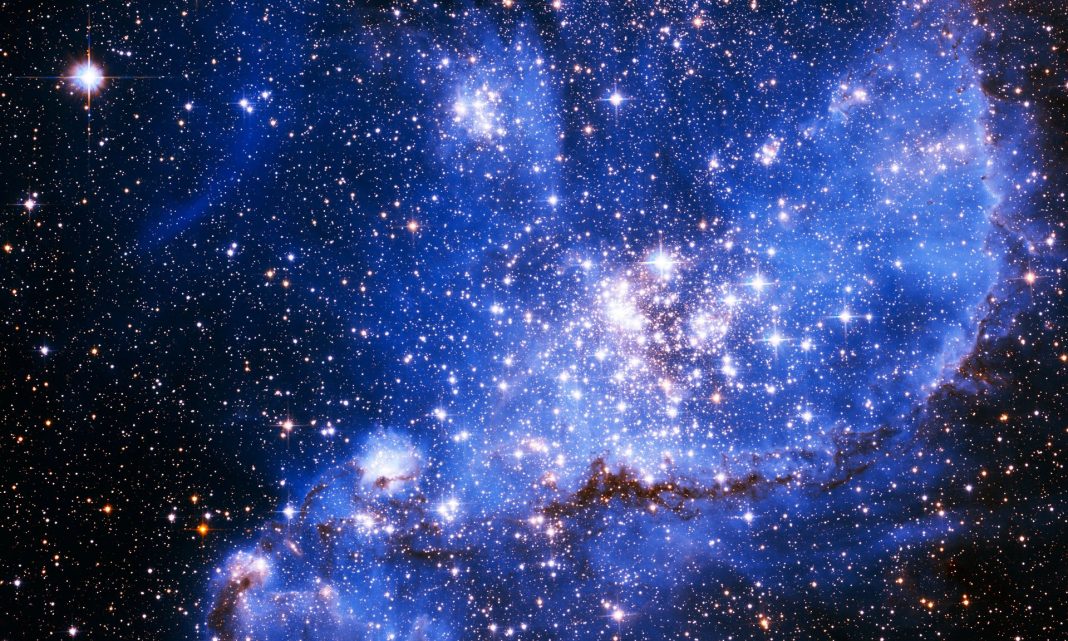For a long time, astronomers have hypothesized about parallel universes and ultimately the multiverse, but have never been able to prove the existence of them. When we talk about multiverses we are talking about an infinite number of parallel universes that all exist under one bug umbrella – the multiverse.
With each alternate universe, comes its own version of reality and the latest evidence that points towards their existence comes from the UK’s Royal Astronomical Society. They recently conducted a study on the ‘cold spot’ that was first spotted by NASA’s WMAP satellite in 2004. Professor Tom Shanks of Durham University is one of the study’s authors and he said, “We can’t entirely rule out that the Spot is caused by an unlikely fluctuation explained by the standard [theory of the Big Bang]. But if that isn’t the answer, then there are more exotic explanations. Perhaps the most exciting of these is that the Cold Spot was caused by a collision between our universe and another bubble universe. If further, more detailed, analysis… proves this to be the case then the Cold Spot might be taken as the first evidence for the multiverse.”
For physicists, it’s all about proving why the universe is the way it is and to do this is needs to explain the fundamental qualities and all that they do, including the mass of an electron, the strength of the gravitational interaction, and the speed of light. But if a multiverse does exist, all f that could be doomed to failure as just the same as there’s an infinite number of different universes, there will an infinite number of slightly different laws of physics too.
One of the original architects of the multiverse theory, Paul Steinhardt of Princeton University, is one of the theory’s most vocal opponents too. “Our observable universe would be just one possibility out of a continuous spectrum of outcomes,” said Steinhardt. “So, we have not explained any feature of the universe by introducing inflation after all. We have just shifted the problem of the original big bang model to the inflationary model.” So who knows? Maybe we do live in a multiverse, maybe we don’t.
Via The Guardian / Author Stuart Clark
More News to Read
- Why Not Use the Moon as A Gas Station to Get to Mars?
- Researchers Discover How to Store Information In Chemicals
- Are These Mini Spherical Reactors the Answer to Fusion Energy’s Problems?
- Scientists Subject Quantum Entanglement to Extreme Levels of Acceleration
- New Monster Mars Rover Looks a Little Scary











